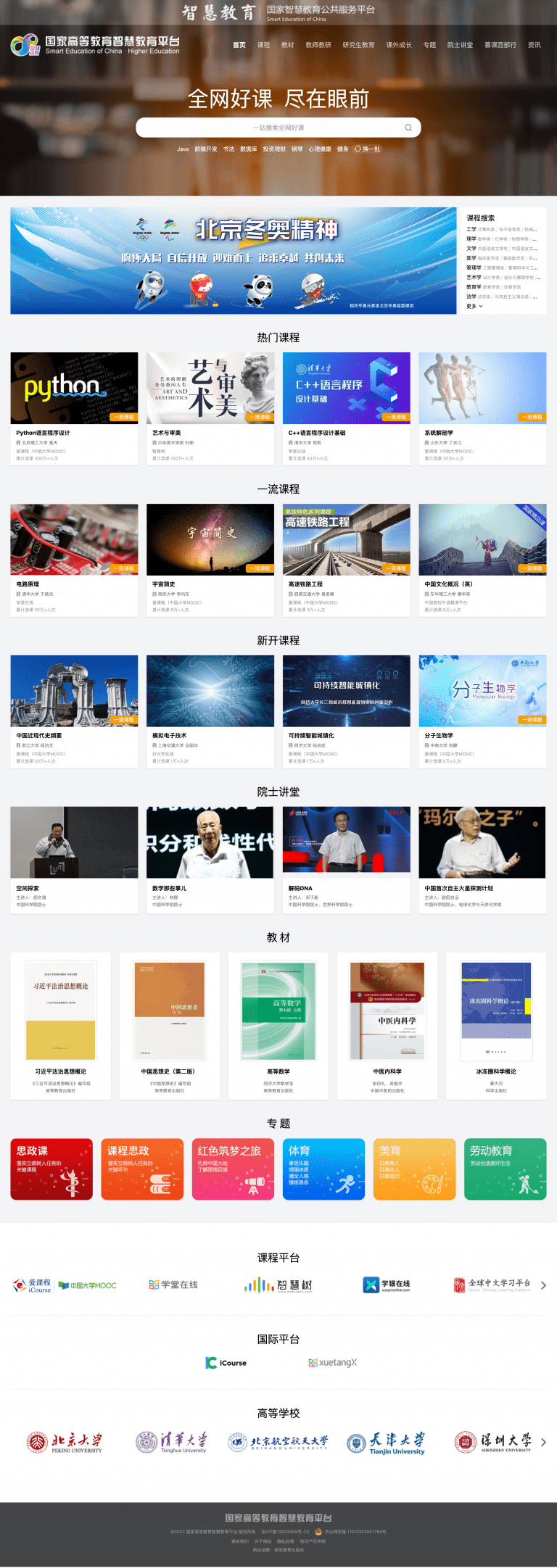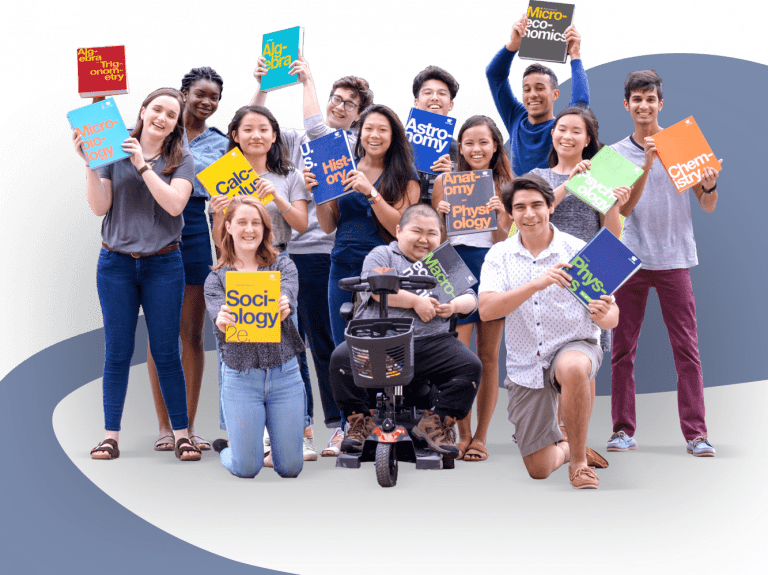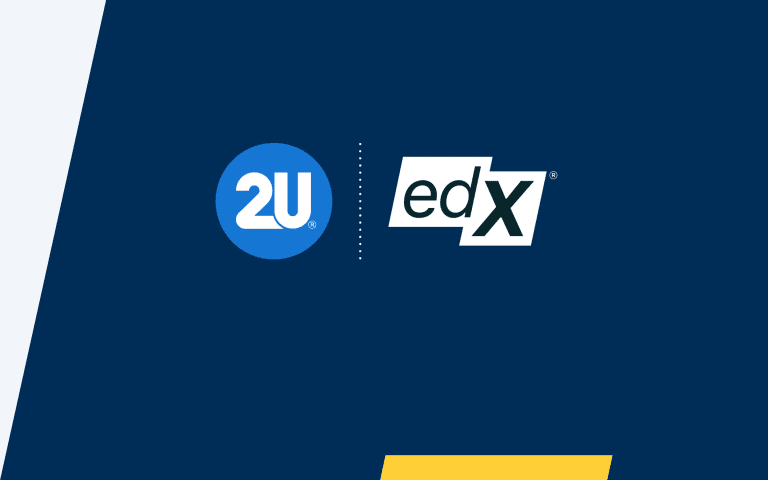Capable not only of providing content but also of interacting with students, generative artificial intelligence (AI) can be an excellent aid to teachers, provided their development is controlled and supervised
Stuart J. Russell. professor of computer science, UC Berkeley (United States)

Stuart Russell, a Professor of Computer Science at UC Berkeley, a leading researcher in artificial intelligence, and the author (with Peter Norvig) of the authoritative, most-used AI textbook (Artificial Intelligence: A Modern Approach), was recently interviewed by UNESCO regarding advancements and concerns in AI implementation in (higher) education. The original article can be found here, and here are some of the key highlights:
- Generative AI and large language models like ChatGPT represent a major turning point in education technology. They can now have more coherent conversations and answer content questions better than previous AI tutors. This provides a glimpse of ubiquitous access to intelligence for problem-solving. However, the appearance of intelligence can be misleading as the systems don’t always make sense.
- Teachers will still be needed, but their role may shift more towards guiding students, ensuring the AI systems meet their needs, and facilitating social development. AI tutors could allow more personalized education catering to different learning abilities. However, more research is needed for AI to play a pedagogical role properly.
- These technologies could have the biggest impact on providing education in countries without existing school systems if content and systems can be developed for different cultures and languages. This requires incentives and funding, potentially through foreign aid. Universal access could be limited by corporate greed, government mistrust, or other barriers.
- Safeguards and ethical principles must shape the development of AI in education. Key risks requiring regulation include privacy, inappropriate conversations with minors, and use for evaluation/testing. Strict rules may need to limit what topics AI can discuss. The black-box nature of systems like ChatGPT makes this difficult, however.
The article presents a measured perspective on AI’s promise and risks in education. Realizing the benefits requires overcoming unequal access, developing localized systems, and regulating ethical risks – no easy feat, but with tremendous potential.
Any thoughts or comments?
You can reach me at [email protected] or [email protected]. I look forward to continuing this exciting dialogue with you.
Enoch Wong,
OED (Online Education Dialogue) Host;
Senior Advisor of Global MOOC and Online Education Alliance (GMA)

![[OED Host Reflect] PENG Gang: “AI is not here to replace, but to enhance …”](https://n6m6d6c3.rocketcdn.me/wp-content/uploads/2023/06/Screenshot-2023-06-05-at-11.08.39-768x432.png)




